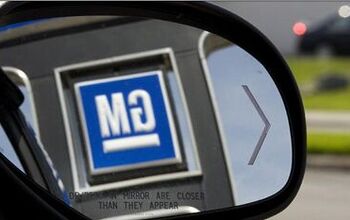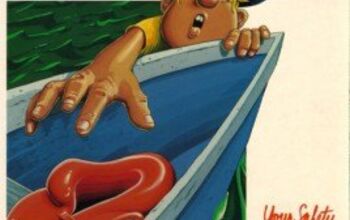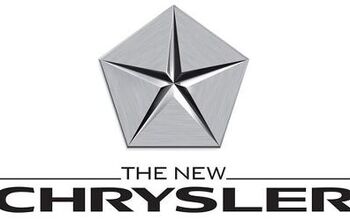Chrysler Turns $14b Into $4.8b
According to Steve Rattner, Chrysler was such a sick puppy in the immediate pre-bailout period that it would have only generated about $1b had it been liquidated in bankruptcy. Thanks to around $14b in government assistance, however, Chrysler is now worth a whopping $4.8b according to a Reuters analysis of its filings. But wait, you say, how does Chrysler have a valuation if it hasn’t yet launched an IPO?
Chrysler arrived at the valuation to set pay for its top executives, including Marchionne. Senior executives are paid partly through so-called deferred phantom shares, which will convert to shares in the company at a later date.
In June 2009, each share was worth $1.66, according to the filing. By the end of 2010, the value of each share was $7.95.
But does this valuation actually mean anything?
In the February 25 filing, Chrysler said it arrived at the $7.95 figure through an “income approach.” Chrysler spokeswoman Eileen Wunderlich declined to expand beyond the filing.
So, technically Chrysler still hasn’t actually made nearly $10b go up in a puff of turnaround (and who’s counting the wealth destroyed in bankruptcy?). But since Fiat will probably buy up a controlling stake in Chrysler before an IPO, synergies could help the market bump Chrysler’s value up to a less galling figure. One analyst projects a $7b-$8b valuation, saying it could go even higher “if the market for cars takes off.” Unfortunately, given that gas prices are more likely to go up than are car sales and that Chrysler has the worst fleet fuel economy of any automaker, hoping for more than a $5b Chrysler valuation could be overly optimistic as well. In any case, Chrysler is not likely to be worth the amount of money the US put into it, a feat that, with a $51b current market valuation, GM has basically achieved (if only for the moment).
More by Edward Niedermeyer
Latest Car Reviews
Read moreLatest Product Reviews
Read moreRecent Comments
- Jkross22 When I think about products that I buy that are of the highest quality or are of great value, I have no idea if they are made as a whole or in parts by unionized employees. As a customer, that's really all I care about. When I think about services I receive from unionized and non-unionized employees, it varies from C- to F levels of service. Will unionizing make the cars better or worse?
- Namesakeone I think it's the age old conundrum: Every company (or industry) wants every other one to pay its workers well; well-paid workers make great customers. But nobody wants to pay their own workers well; that would eat into profits. So instead of what Henry Ford (the first) did over a century ago, we will have a lot of companies copying Nike in the 1980s: third-world employees (with a few highly-paid celebrity athlete endorsers) selling overpriced products to upper-middle-class Americans (with a few urban street youths willing to literally kill for that product), until there are no more upper-middle-class Americans left.
- ToolGuy I was challenged by Tim's incisive opinion, but thankfully Jeff's multiple vanilla truisms have set me straight. Or something. 😉
- ChristianWimmer The body kit modifications ruined it for me.
- ToolGuy "I have my stance -- I won't prejudice the commentariat by sharing it."• Like Tim, I have my opinion and it is perfect and above reproach (as long as I keep it to myself). I would hate to share it with the world and risk having someone critique it. LOL.

































Comments
Join the conversation
Now I actually read Rattners book. Whatever money was invested in Chrysler was less than the estimated price tag on a full scale liquidation. Shutting down a car manufacturer isn't as easy as taking your dead Tercel to the junkyard - Every debtor is going to sue the "estate" for what's owed, the state unemployment funds are going to start running out real quick when you have massive layoffs like that, then the ripple effect will spread to the suppliers which sell products to all the manufacturers. The Treasury task force did consider merging GM and Chrysler in order to give GM a better chance of survival. Chrysler seems to be doing allright, Sergio really went to work on their issues and started implementing improvements while saving money at the same time. Sales figures haven't been stellar for them, but that probably has more to do with their new position of not shoveling piles of cash on the hood and staying away from excessive fleet sales.
Hey, it's a "Free market" economy. The big guys F it all up and you pay for it. It worked for wall street. I know, Lets deregulate everything !